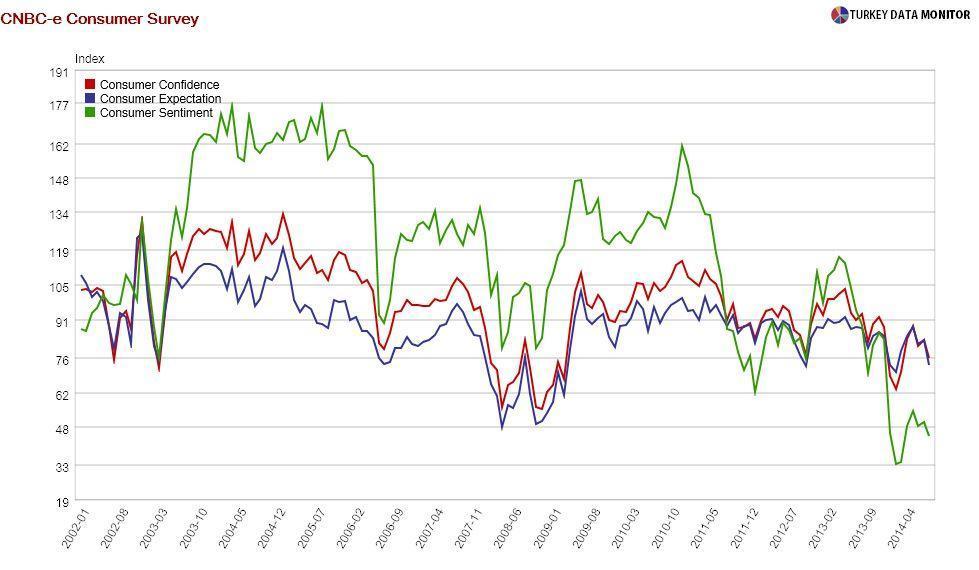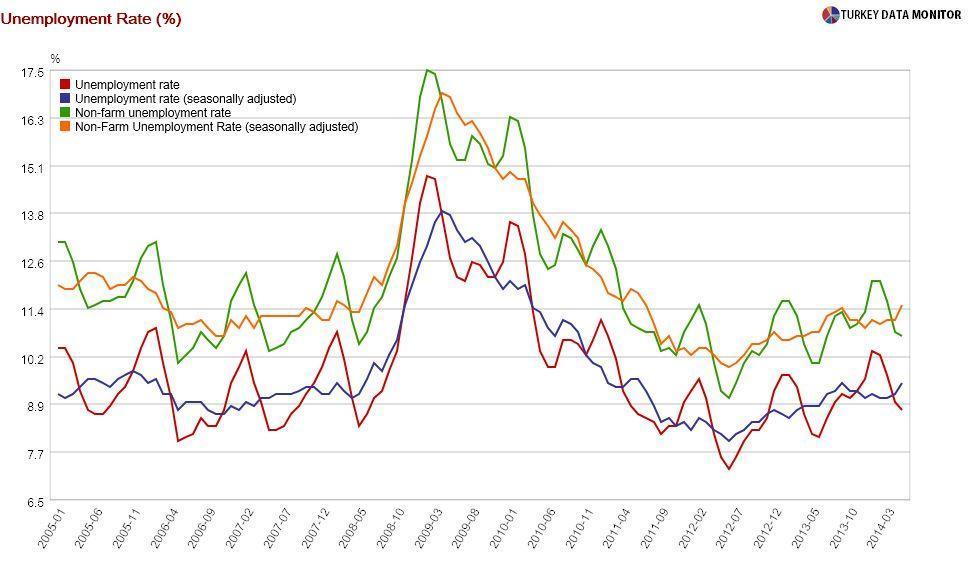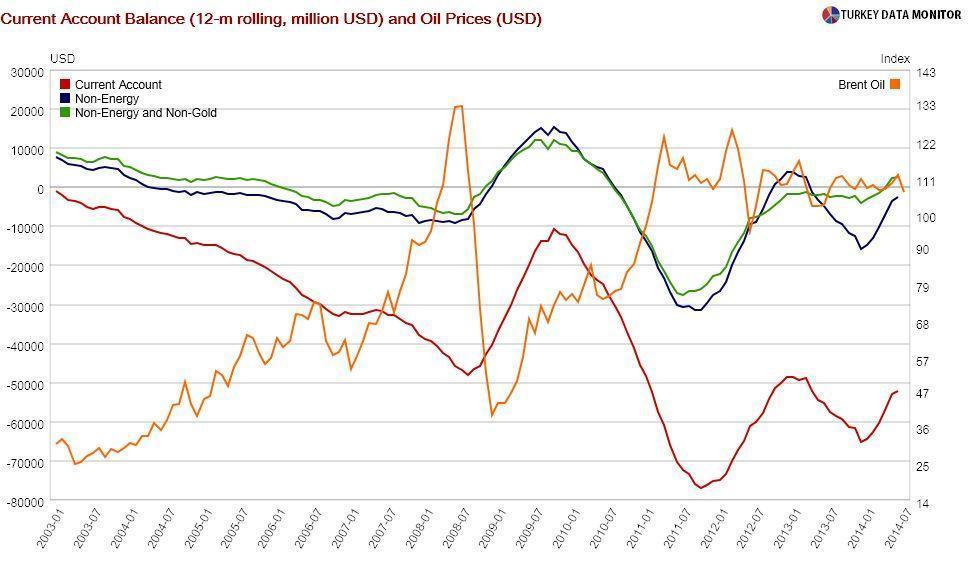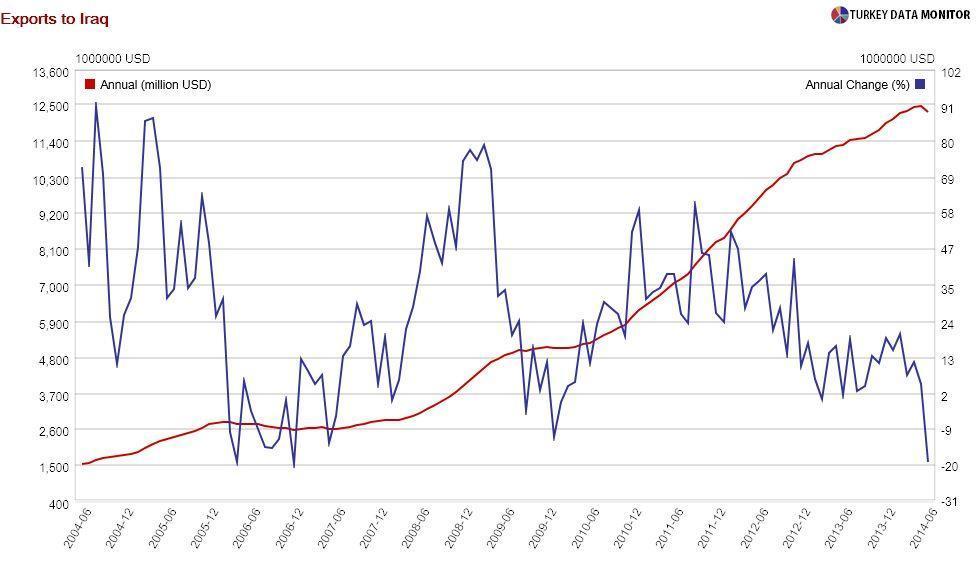So-called autocrat finds himself in economic bind
 I am not calling Supreme Leader Recep Tayyip Erdoğan an autocrat. I love him as much as any Turk, like I’d love (a) Big Brother. Besides, if slandered him, I could end up in Silivri - not to mention a visit from the taxman to my newspaper.
I am not calling Supreme Leader Recep Tayyip Erdoğan an autocrat. I love him as much as any Turk, like I’d love (a) Big Brother. Besides, if slandered him, I could end up in Silivri - not to mention a visit from the taxman to my newspaper.However, two credit rating agencies, whose links to the Jewish interest rate lobby have since been revealed by ministers and pro-government newspapers, dared to do so last week. In a short note published on Aug. 11, Fitch mentioned Erdoğan’s “perceived authoritarian tendencies.” Then, on Aug. 15, Moody’s wrote about an “autocratic wing” of the ruling Justice and Development Party (AKP) “led by president-elect Erdoğan.”
Strong AKP election victories used to raise investor confidence and cause markets to rally, but as economist İbrahim Aksoy noted, “foreign investors’ perception of political stability is changing.” Fitch underlined that “political continuity does not eliminate political and social unrest, which has been elevated since last year’s Gezi Park protests and corruption scandal.” Moody’s expects “the evolution of intra-AKP dynamics [to] extend the climate of political tension and uncertainty that has prevailed since mid-2013.”

Last week’s economic statistics showed that this changing perception is the least of Erdoğan’s worries. Preliminary data released by business channel CNBC-e on Aug. 14 revealed that consumer confidence indices plunged in August after having slightly recovered in July - following another sharp fall in June. The indices join a bunch of other leading indicators that are foretelling an increasingly weakening economy, which has now spilled over to the labor market.
According to data released on Aug. 15, the headline unemployment rate fell below 9 percent after 10 months in May, but the seasonally-adjusted rate rose to 9.5 from 9.2 percent in April - the highest unemployment rate since September last year. Similarly, surging from 11.1 to 11.5 percent, the non-farm unemployment rate hit its highest level since July 2011. Data from employment agency Kariyer.net hint that the unemployment rate will continue to rise in June.

To make matters worse, the Balance of Payments statistics released on Aug. 14 revealed that the adjustment in the current account deficit slowed down considerably in June. Most of the meager improvement was from gold trade, as the non-gold, non-energy current account deficit stayed unchanged.

This trend is likely to continue. Even though the decline in oil prices will lower Turkey’s energy imports bill, the plunge in exports to Iraq will continue. Besides, the latest European data show that the recovery in Turkey’s largest market may have been short-lived. The recent real appreciation of the lira, a byproduct of the country’s high inflation, is not helping exporters, either.

As you can see, now is not a good time to lose foreign investors’ confidence. But maybe this situation will help economy tsar Ali Babacan, in whom they trust, to keep his job if Erdoğan notices the gravity of the situation.










